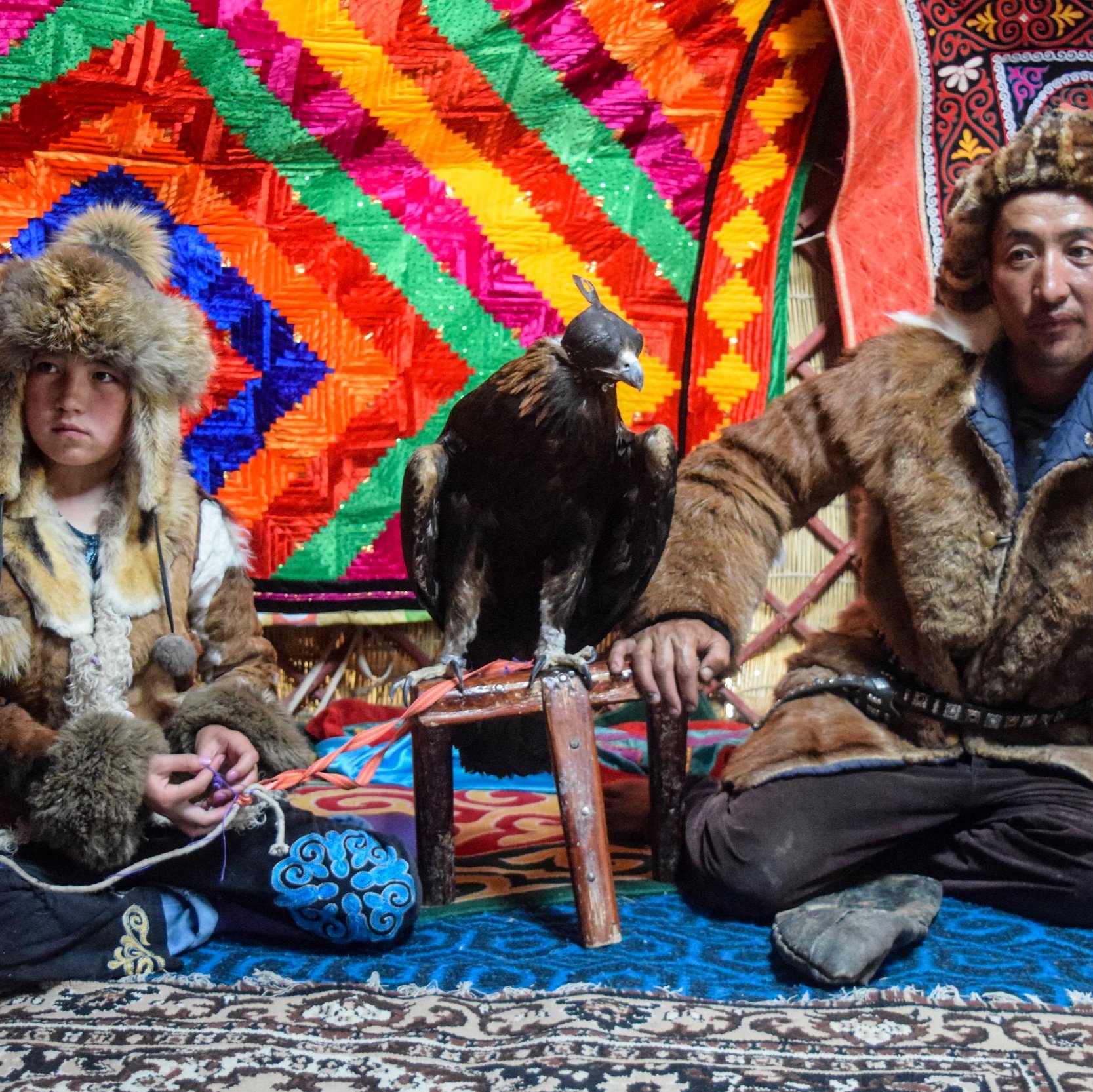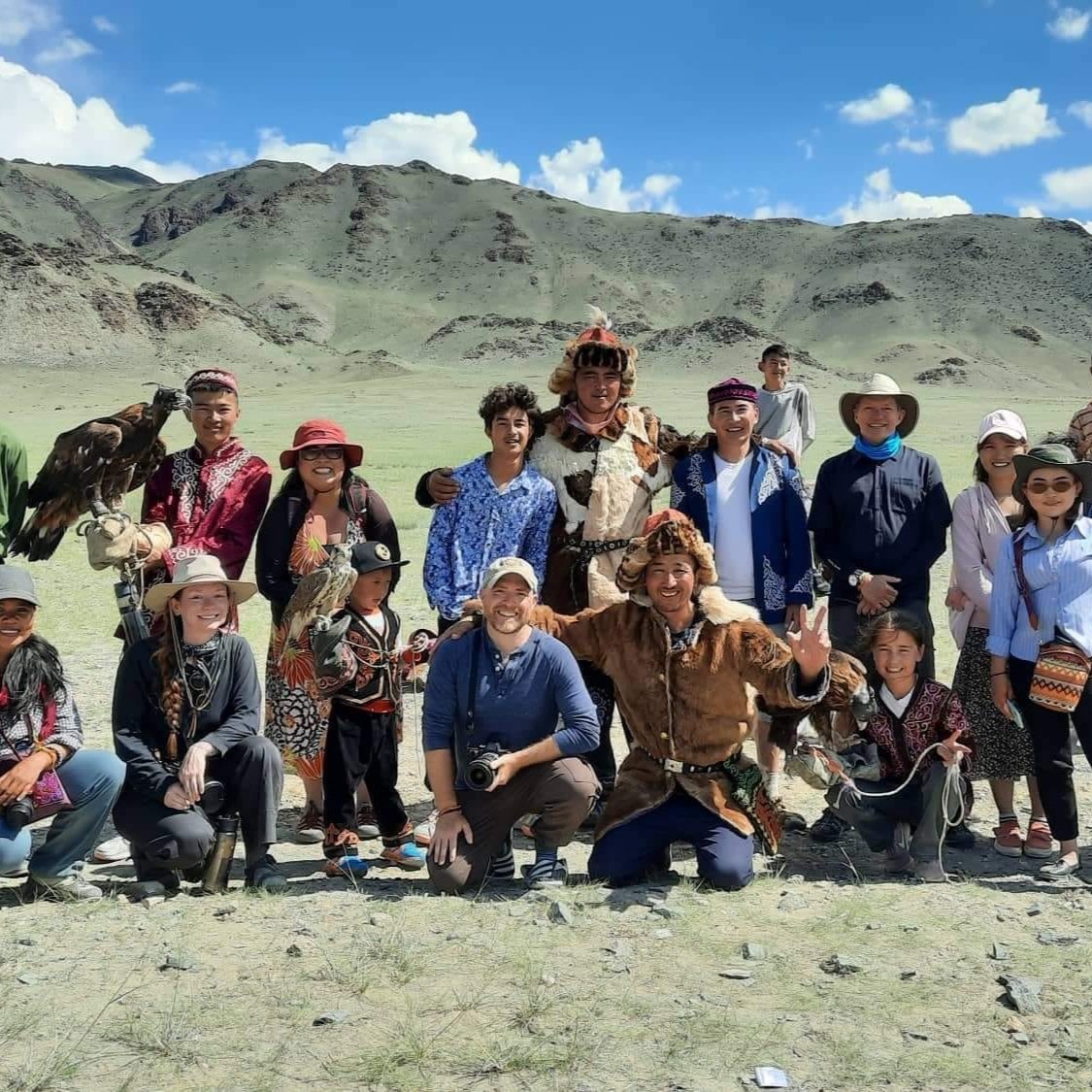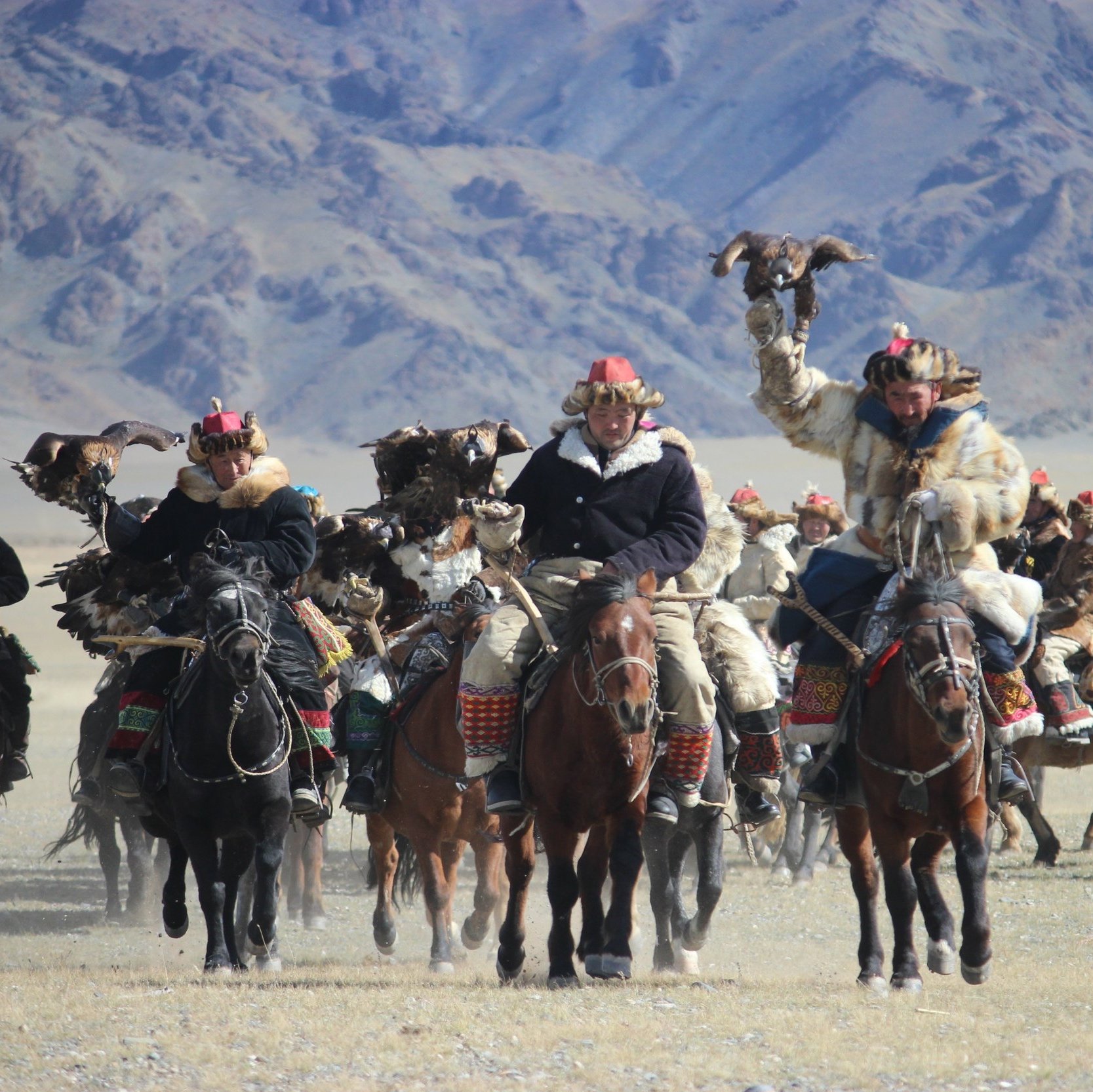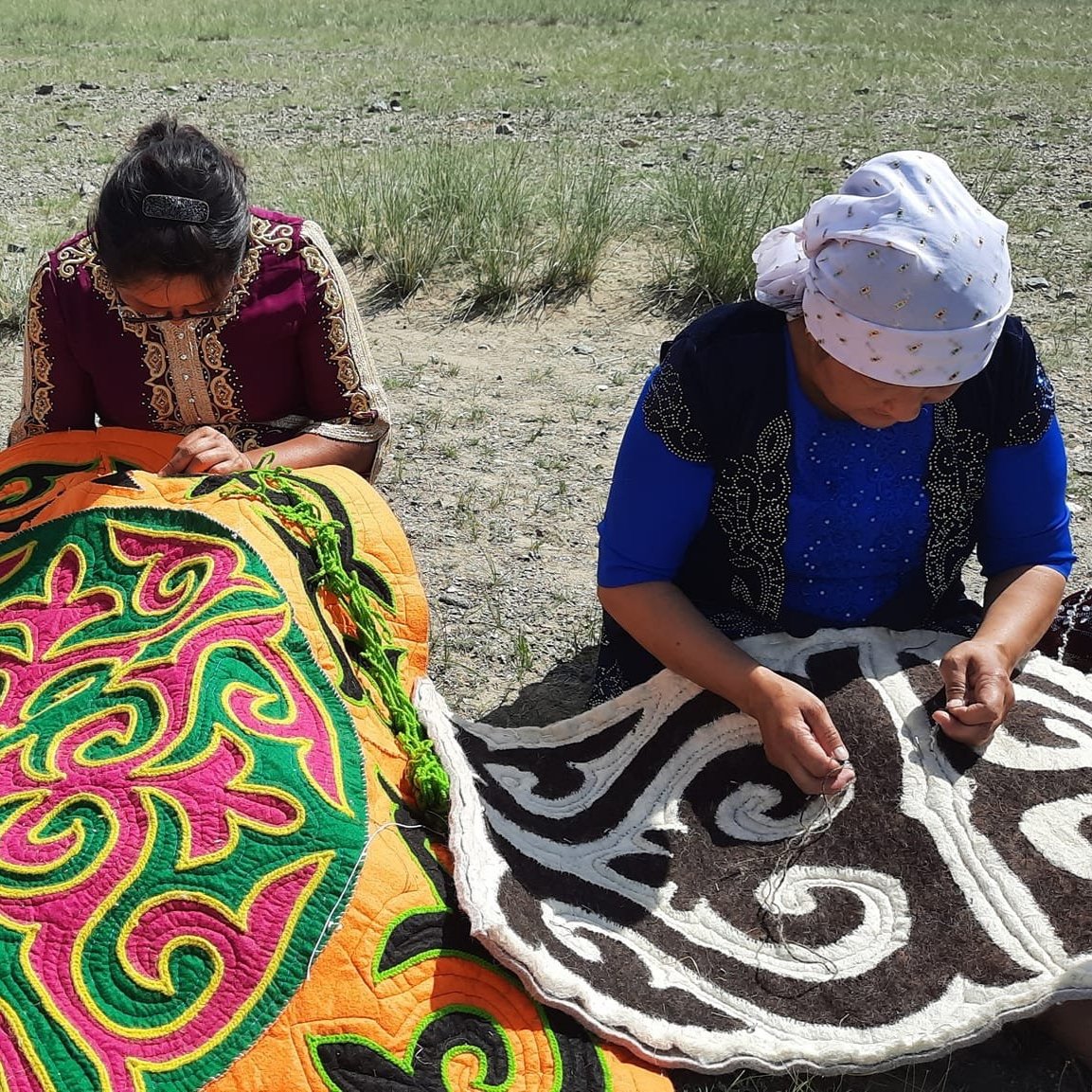Equity Global Treks: A Slow Travel Initiative Preserving Nomadic Culture
Close your eyes and imagine yourself in the vast wilderness of Mongolia. You're surrounded by rugged mountains, sprawling grasslands, and the majestic eagles that soar high above. But this isn't just a journey to admire the beauty of nature - it's an opportunity to immerse yourself in the rich nomadic culture of the Kazakh people, and to learn from the storytellers themselves.
This is the promise of Equity Global Treks - Khusvegi English & Nomadic Culture Camp, a revolutionary 30-day slow tourism initiative that is challenging the way we think about sustainable travel and community-led tourism in Mongolia…AND the winner of GLP’s Sustainability Storytelling Contest in the “Communities and Culture” category.
Who is Equity Global Treks?
Equity Global Treks - Khusvegi English & Nomadic Culture Camp is a community-led, women of color-founded 30-day slow tourism initiative that invites a limited number of tourists to live with eagle hunting families while teaching English to young nomads. It strives to create language equity so eagle hunters can be the storytellers of their own culture and traditions, preserving their nomadic culture and identity.
How it Started
Khusvegi English & Nomadic Culture Camp started out as a tourism project idea, which was selected from over 140 submissions as the Winner of the 2021 Social Entrepreneurship Competition in the Tourism - Launch Track category. Khusvegi Camp's pilot program was then launched in June of 2022. The program gained the support of the Mongolian Parliament, as well as the local governments of Bayan Ulgii and Sagsai village. The community of 5000 or more eagle hunters in Sagsai fully supported the pilot program, and the community members acted as camp managers, event organizers, and accommodation hosts, among a few other roles to make the program a success.
For 30 days, the program successfully provided free English classes to 50 local students of varying ages, all taught by native/fluent English-speaking foreigners. At the same time, the foreign teachers lived with nomadic families where they experienced the nomadic life and culture first-hand. The program was funded by the teachers who paid a fee to join.
In addition, by winning the 2021 Social Entrepreneurship Competition in Tourism (hosted by UNWTO, TUI Care Foundation, and more), Khusvegi English & Nomadic Culture Camp were able to use the prize money towards purchasing a computer and other accessories to build a computer room. The first group of 50 students noted that Khusvegi Camp helped them build confidence in learning English, prompting them to pursue careers that require the English language as a skill.
How it’s Going
Almost a year later, the primary goals of Khusvegi English & Nomadic Culture Camp remain the same: to 1) foster local leaders within the community to lead tourism projects and 2) preserve eagle hunting and nomadic culture. By using English learning as a tool, the Khusvegi Camp connects tourists to the local community, allowing them to become the storytellers of their own culture.
Marinel de Jesus, Co-Founder of Khusvegi English & Nomadic Culture Camp, notes, that she wishes to “deconstruct the idea of extractive tourism where tourists only spend a few hours or days in the village, snapping photos or taking videos of the eagle hunters without forging real human connections and meaningfully investing in the local community.”
The camp’s slow tourism approach and utilization of English learning creates a more equitable and inclusive tourism model, in which the eagle hunting community has full control and ownership of the tourism project.
About GLP’s Sustainability Storytelling Competition:
Born from its mission to promote sustainability through storytelling, GLP’s Sustainability Storytelling Competition (SSC) invited organizations of any size, from any industry, to submit their untold story of sustainability for a chance to win a custom video produced and distributed by GLP and global partners.
The inaugural competition had six categories that covered critical issues around climate and environment, community, and social justice: Sustainable & Regenerative Tourism, Sustainable Food, Environmental Justice, Conservation & Nature, Communities & Cultural Preservation, and Best of the Rest, to capture outstanding stories outside the main categories.
Top-tier panelists from diverse industries around the world reviewed submissions and identified winners based on story potential, greatest need, previous exposure, and positive impact.
Learn more here: glpfilms.com/ssc




